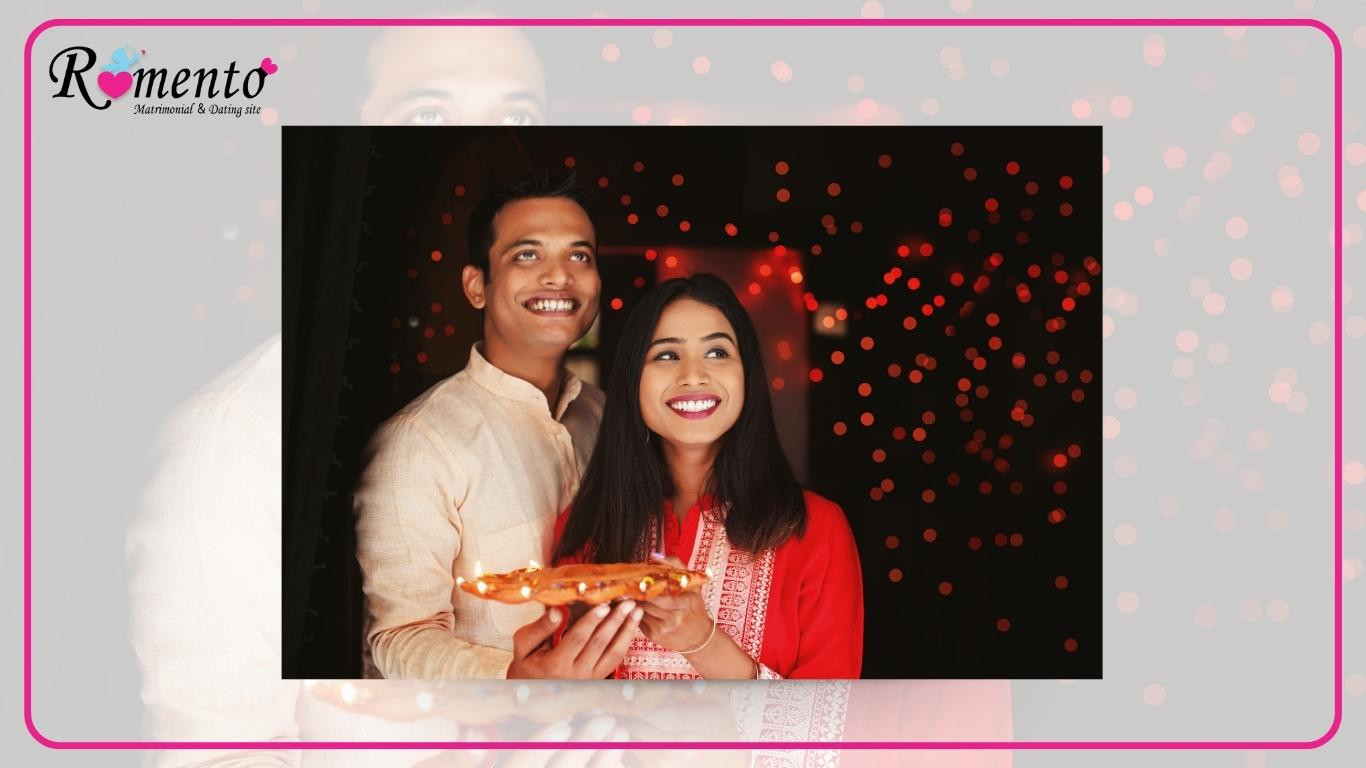
Diwali Puja Essentials !!
Explore the essential items for a
Diwali puja and their significance in your festive rituals.
One of India's most beloved and
important holidays is Diwali, often known as the festival of lights. There is a
great sense of spirituality, joy, and celebration throughout this time. The
Diwali puja, a practise that is extremely important to millions of people
worldwide, is at the centre of the Diwali celebrations. We shall examine the
necessary components for a Diwali puja in this article, as well as their
importance in your celebratory customs.
The
Spiritual Significance of Diwali Puja
Diwali is a time for introspection
and spiritual rejuvenation. The purpose of the Diwali puja, also called the
Laxmi puja, is to ask Goddess Laxmi, the goddess of wealth and success, for her
blessings. Goddess Laxmi is said to make house calls on the eve of Diwali,
bestowing blessings upon those who have fervently and sincerely prepared for
her visit.
Essential
Items for Diwali Puja
1. Diya
(Oil Lamp): The diya symbolises the triumph of light over darkness and the
dispelling of ignorance. Lighting a diya during the puja represents the removal
of spiritual darkness and the invitation of positive energy into your home.
2. Incense
Sticks: Incense sticks, or agarbatti, are lit to create a fragrant and peaceful
atmosphere during the puja. The pleasant aroma is believed to purify the surroundings
and create a conducive environment for meditation and prayers.
3. Roli
and Chawal: Roli (vermilion) and chawal (rice) are used for tilak, a mark on
the forehead. Applying tilak represents an offering to the deity and symbolises
devotion and surrender.
4. Sandalwood
Paste: Sandalwood paste is known for its cooling properties and soothing
fragrance. It is applied to the deity's idol to keep the atmosphere pleasant
and invoke divine blessings.
5. Flowers:
Fresh flowers, especially marigolds, are used to decorate the puja area.
Flowers symbolise purity, beauty, and the impermanence of life.
6. Coconut:
A whole coconut is offered as a symbol of purity, fertility, and prosperity. It
is often placed in a metal pot with water, representing the holy water of the
Ganges.
7. Fruits:
A plate of fresh fruits is offered as a symbol of gratitude and abundance.
Fruits are considered pure and are consumed as prasad (blessed offerings) after
the puja.
8. Mithai
(sweets): Sweets are an integral part of Diwali celebrations. Offering sweets
to the deity signifies the sharing of joy and blessings with others.
9. Prasad:
Prasad is the blessed food offered to the deity and then distributed to all
family members. It symbolises the grace and blessings received from the divine.
10.
Coins: Silver and gold coins are often
placed in the puja thali (plate). These represent wealth and prosperity, and
their presence in the puja is believed to attract financial well-being.
11.
Red Cloth: A red cloth is often used to
cover the puja thali and the deity's idol. Red is considered an auspicious
colour and is associated with Goddess Laxmi.
12.
Bell: A bell is rung during the puja to
create a melodious sound that is believed to ward off evil spirits and negative
energies.
The
Rituals and Significance
In the course of the Diwali puja,
devotees carry out a number of highly symbolic and important rites. While
reciting mantras and hymns calls forth the blessings of the almighty, burning a
diya denotes the expelling of darkness. Presenting fruits, flowers, and candies
expresses humility and thankfulness.
The coconut symbolises both the
divine soul and the human ego because of its hard exterior and clean interior.
During the puja, breaking the coconut represents letting go of the ego and
uniting the soul with the divine.
The distribution of prasad, sweets,
and blessings among family members and guests is a gesture of sharing divine
grace and love with others. It fosters a sense of unity and togetherness, which
is an essential aspect of Diwali.
The presence of silver and gold
coins in the puja signifies wealth and prosperity. It is believed that Goddess
Laxmi bestows her blessings upon those who offer these precious metals.
The ringing of the bell is meant to
create positive vibrations and drive away negative energies, ensuring a peaceful
and harmonious atmosphere within the home.
Conclusion
A lovely and spiritually
enlightening custom that unites families and communities is the Diwali puja.
It's a time for reflection, prayer, and asking God for favours. The key
components of the puja are deeply symbolic and serve as a reminder of the
virtues of prosperity, thankfulness, and purity.
Consider carefully the significance
of each item used in the puja as you get ready for Diwali. Gaining this
understanding will not only make the ritual more meaningful, but will also
enable you to establish a deeper connection with the festival's spiritual core.
I wish you a Diwali puja full of love, blessings, and the radiance of
happiness.
